|
I grew up on one of the Finger Lakes about forty miles east of Rochester, New York where summers were spent in a carefree existence of riding bikes and playing tag. Our concerns were the color popsicle we’d get at the end of the day (hopefully cherry) and if the fireflies would be out that night. I can remember so many specific details from my childhood summers, almost forty-five years ago, as if they happened yesterday. Yet, I don’t remember the capitols of all fifty states (even though I memorized them in 5th grade) and I can recite less than ten presidents in order (even though at one time I could rattle off Washington to Ford in less than two minutes). Why is it that we remember some things, while others fade away almost immediately? I’ve learned through the years that what we remember is connected to experiences that were fun, engaging and interesting. The things that get us excited and that spark our curiosity are the things that keep us motivated and inspired to the point we often lose track of time. When I was teaching first grade, I would start virtually every lesson or book by tapping into my students’ past experiences. “Who has seen a bird’s nest,” “Have you ever slipped on a wet rock?” Inevitably, the high achievers in my class were always the students who had a wide range of experiences and opportunities, especially over the summer. From horseback riding to playing guitar, swimming in the lake or playing Kick the Can, those experiences provided the platform for future learning. It’s important to point out here that incidental learning is just as important, and sometimes more important, than intentional teaching. My summer experiences provided opportunities such as learning about plants by creating my own terrarium or reinforcing geometry and engineering when we were building a tree fort. Play is a child’s job.
Tips to Prevent Summer Learning Loss
For more tips, see our article in the spring issue of National Association of Elementary School Principals Magazine. And lastly, please consider participating in National Summer Learning Day on July 12, 2018. National Summer Learning Day is a national advocacy day aimed at elevating the importance of keeping kids learning, safe and healthy every summer, ensuring they return to school in the fall ready to succeed in the year. Your participation sends a powerful message across the nation that summers matter and offers an opportunity to showcase how summers can make a life-changing difference in the lives of young people.
0 Comments
We all know that it takes a village to develop and sustain a successful arts program. That includes having a highly motivated and competent teacher at the helm, student buy-in, support from parents, support from the community and support from school and district administration. If any one of these components is lacking or missing it is likely that achieving success, whatever that might be defined as, will be hard to come by. In our blog today we are going to take a look at support from school and district administration – what it looks like, is it given or earned, developing professional relationships and how to handle situations where you might not feel supported. What is Administrative Support?School and district administrative support for arts programs is going to look different from district to district, school to school, program to program and teacher to teacher depending on the scenario and a million different variables. That means there is not just one clear cut answer. What one district or school can do to support teachers might or might not be possible in other places. However, here are universal supports that can be provided by school and district administration, in my opinion.
Is it possible for every administrator to provide all of these supports to all teachers every single day? Of course not. However, it is a great place to start and a good way to do some self-reflection as an administrator to see if you are providing support to arts programs in the way it’s needed the most. Is School and District Administrative Support Given or Earned?The answer is very simple. BOTH! Some of the supports listed above are simple and come very natural to administrators. However, many of the supports listed above only come with trust. Trust is built when teachers demonstrate over time that he or she is highly competent, dependable and a team player. Remember, actions speak much louder than words. If you want a high level of trust and support from administration you’ve got to be sure you are 100% professional, 100% of the time too. Be on time, be organized and always be willing to be a team player. That means that you are willing to work with others outside of your arts area and do whatever is needed to be done. One last thing that will help you earn the trust of administration is to be FLEXIBLE. That can sometimes be hard for arts teachers but your flexibility helps the administration carryout initiatives that are important to them. Your willingness to help and your flexibility will make you a valuable team player. In the long run that builds credibility and trust and as a result you will feel valued and supported by school and district administration at a higher level. What Kind of Relationship Do You Have With Your Administration? Get to know your school and district administration. Communicate with them on a regular basis about all of the great things going on in your program. They should hear from you, know you and know your program long before a problem comes up. Watch this great video to hear more about this from a teacher’s perspective. What Can You Do If You Feel That You or Your Program is Not Supported by School and District Administration? This is not a concrete list and I’m sure all of you could come up with just as many if not more suggestions. However, here are my thoughts on what you can do if you feel that you or your program is not supported by school and district administration.
On an afternoon in May of 2000, I received a call from a friend of mine, Dr. Roxanna Albury. Roxanna was on the board of the then SC Alliance for Arts Education. She said that they were in the midst of a board retreat with the purpose of revitalizing the organization. One of the ways they had come up with to move SCAAE ahead was to hire an executive director, and would I be interested. After finding out a little more including the fact that the board was made up of an incredible group of people, I agreed. Since that time, what changes have I seen! – the most obvious being the name change to Palmetto State Arts Education. But the most substantive changes have been in the organization’s finding of purpose. When I joined SCAAE in 2000, we were focused on trying to find our niche – a place where we could make the most difference and where we were helping our state partners, not competing with them. In 2003, that place was identified as arts infusion/integration. A few years later, professional development for district arts coordinators was added as another place where SCAAE/now PSAE could make a difference. Now it’s 2018, and the PSAE board remains incredible with a new generation of dedicated professionals! They are hard at work expanding what we do, always with the same goal in mind as we had in 2000, to ensure that the arts are an integral part of all students’ education. You've read about the history of PSAE, now it's time to discover some new projects PSAE will be working on during 2018: The Arts Ed ThreadOn February 2, PSAE released the inaugural issue of a new electronic newsletter. Designed to keep educators up to date, Arts Ed Thread features news and trends in arts education as well as updates from statewide partners such as SC Arts Commission, SC Dept. of Education, and SC Arts Alliance. Arts Ed Thread will be produced quarterly (late January/early February, late April/early May, August, late October/early November). We would love to include news from you! Contact [email protected] to submit news items for the late April/early May issue. And if you didn’t receive the February 2 issue, be sure to sign up! STEAMPSAE has been invested in STEAM (science, technology, engineering, arts, and math) for a number of years. STEAM has been an important strand in every PSAE annual conference since 2011 when our annual conference theme was Powering STEM with STEAM. This year, PSAE is expanding its STEAM work in 2 ways, both designed to help support STEAM efforts in South Carolina. The first will be the creation of a SC STEAM Schools Directory, which schools can use to identify others that are like them or have programs they are interested in. Using an online survey developed by PSAE, information will be gathered from schools that have identified themselves as having a STEAM focus. The survey will be sent out this spring. PSAE will then compile the information and release an online directory by late fall. PSAE is also developing a new STEAM School Award. South Carolina has so many schools that are doing such amazing things in STEAM. PSAE wants to recognize those schools through its new award. Details will be coming out in the next several weeks. So please look for that and plan on nominating your school! And of course, we will continue our work through… PSAE Awards(left to right) 2017 SC School of Excellence in Arts Education Award winner O.P. Earle Elementary School (Brian Murray, Principal), 2017 PSAE Arts Administrator of the Year winner Tonya Fryer (Principal, Saluda River Academy for the Arts), and the 2017 Ray Doughty Arts Integration Award winner Susan Woodham (Dance Teacher, Pine Street Elementary) Help us advocate for quality arts education by identifying the schools that are doing an outstanding job of making arts essential to the education of their students. Be sure to nominate your school for the SC Schools of Excellence in Arts Education Award so that it can receive the recognition it deserves! Celebrate administrators who are making a difference in our schools through their support of arts programs. Nominate your administrator for PSAE’s SC Arts Administrator of the Year! What better way to honor those individuals and/or organizations who have helped to support, strengthen and grow arts integration opportunities in our schools than to nominate them for the Ray Doughty Arts Integration Award, an award designed to recognize those who embody the true spirit of arts integration through the use of community partnerships. Deadline for award applications is Monday, April 16. Rising Stars Piccolo SpoletoThe Rising Stars Piccolo Spoleto Series is 10 years old! PSAE is currently accepting applications for the 2018 Rising Stars Piccolo Spoleto, a series designed to give young artists the opportunity to participate in the high profile venue of Spoleto USA Festival through its affiliation with Piccolo Spoleto. Who is eligible?
Help us celebrate our artistically gifted young people! Deadline for applications is Friday, March 30. 2018 PSAE Annual Arts Integration Conference Innovate!October 15-16, 2018
Charleston, SC How do we as educators and administrators empower our students to question, to explore, and to become the creative innovators that the future will need? On October 15-16, 2018, PSAE will host a two-day conference to help educators and administrators meet this challenge. In its 16th year, this annual conference will offer a wealth of opportunities for potential sessions and workshops that explore innovative strategies to nurture inquiry, prepare for inventiveness, and stimulate creativity in today’s classrooms. The theme for the 2018 conference is Innovate! And PSAE has its own innovation for this year’s conference. PSAE will be offering ½ price conference registration for the proposals for sessions that best address the theme of innovation. Up to 12 proposals will be selected, so be sure to get your proposal in before the April 30th deadline! We in PSAE celebrate the creativity of our young people every day in all that we do! But nationally, the month of March is designated as Youth Art Month.
Youth Art Month is a celebration of the visual arts through student exhibitions, public artworks, art festivals and school events which raise awareness and support of the visual arts to local and state education officials, business and community leaders, and state and federal legislators. The Art & Creative Materials Institute (ACMI) created Children’s Art Month in 1961 as an event to emphasize the value to children from participating in visual art education. In 1969, the celebration expanded to include secondary school students, and the Children’s Art Month event officially became known as Youth Art Month. In 1984, ACMI created the non-profit organization The Council for Art Education (CFAE) to advocate for visual art education. Communities throughout the country celebrate Youth Art Month in many ways. In Spartanburg, SC, the Chapman Cultural Center hosts a student exhibition with works from every public and private school in the county, grades K-12. It’s a wonderful tapestry of colorful and imaginative artwork filling two floors of our exhibition building! Each year, a different Spartanburg School District hosts a reception, and the local SunTrust Bank sponsors the exhibit, providing volunteer greeters at the reception, which is usually attended by over 1,000 people! The 2018 reception will be the evening of Monday, March 19th hosted by Spartanburg School District Four. According to the CFAE, Youth Art Month exists to:
To find out more, visit councilforarteducation.org. Join with others in your community and celebrate Youth Art Month in your own unique way! And share your celebrations with PSAE!
Did You Know?Palmetto State Arts Education (PSAE) is South Carolina’s only professional organization dedicated to responding to all five arts education areas, and is especially known for its commitment to supporting arts integration. PSAE Through the Years1986 We officially joined the Kennedy Center Alliance for Arts Education Network (KCAAEN) as a member in good standing under the name SC Alliance for Arts Education (SCAAE). The organization would go on to change its name to Palmetto State Arts Education in 2016. 1987 Under the leadership of Roy Biddle, Mac Arthur Goodwin, Alicia Moore, Elbin Cleveland, and Virginia Uldrick, SCAAE successfully filed its articles of incorporation, and in 1989 would go on to successfully emerge as a recognized 501(c)(3) non-profit organization. PARTY LIKE IT'S 1999! It’s our very first conference! This highly successful event (titled The Arts: Assessment for Arts Reform) would set the stage for an annual conference dedicated to arts education and arts integration every year since. Over time, the conference has grown to reach approximately 350 educators and administrators. Speaking of Conferences...We were the first organization to officially introduce STEAM to South Carolina! The 2011 conference Powering STEM with STEAM featured Keynote Jim Brazell and was held in Charleston, SC. STEAM has gone on to be a regular conference strand and is now one of our state’s most popular initiatives. It's Not Just About Conferences!In 2007, with no professional development opportunities available designed to address the specific concerns of District Fine Arts Coordinators, SCAAE created a District Arts Coordinators Committee and began offering meetings designed to support this population. The committee still exists, and now joins its efforts with the ABC Project’s Peer to Peer Principal’s Network for a twice yearly Joint Arts Administrator’s Institute. There are Official Documents, Too...PSAE has presented 4 major support documents for arts education: Fine Arts Careers, Standards Companion Documents for Media Arts, Essential Elements of a Quality Visual and Performing Arts Program, and Teaching Standards-Based Creativity in the Arts. As a Kennedy Center Alliance for Arts Education Network Member,we received funding for some great additional projects, including the development of an Arts Schools Directory and supporting lesson plans for the ABC Arts Infusion Continuum. Most Recently...Although the Kennedy Center Alliance for Arts Education Network eventually dissolved at the national level, our organization has remained strong. We continue to offer comprehensive conferences, support for educators, and are now proud to present Rising Stars Piccolo Spoleto to showcase the artistically talented youth of the southeast in a high quality setting. Thank You!YOU are the reason PSAE (formerly SCAAE) has continued to be a leader in arts education in our state. As we look to the future, we hope you will continue to stay with us as we journey along the way.
|
About PSAEPalmetto State Arts Education is a network of professionals dedicated to advancing learning in and through the arts for all students in South Carolina. Categories
All
|
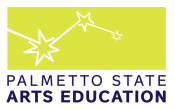
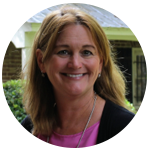
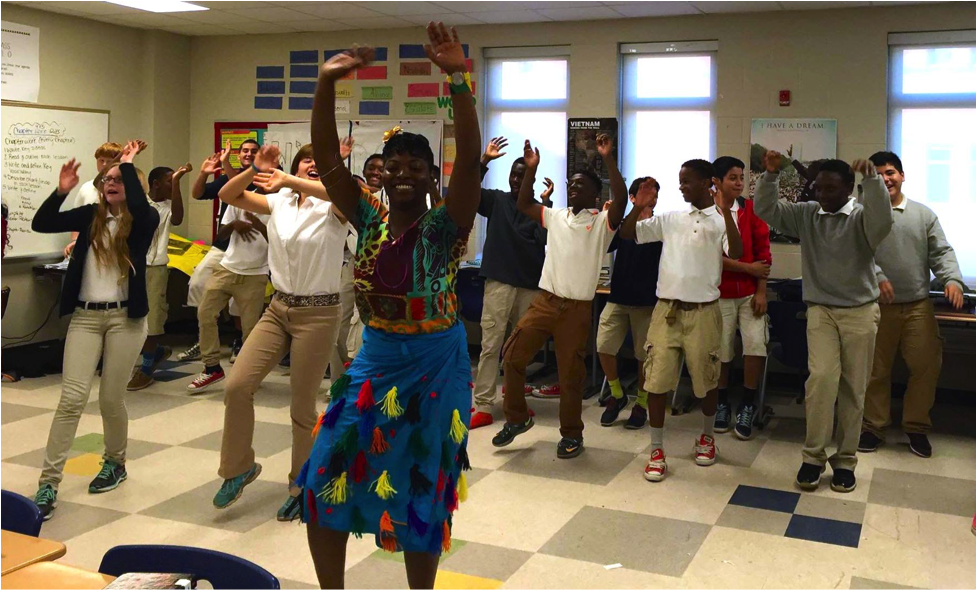
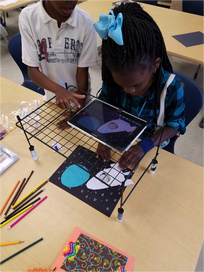
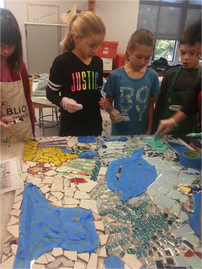


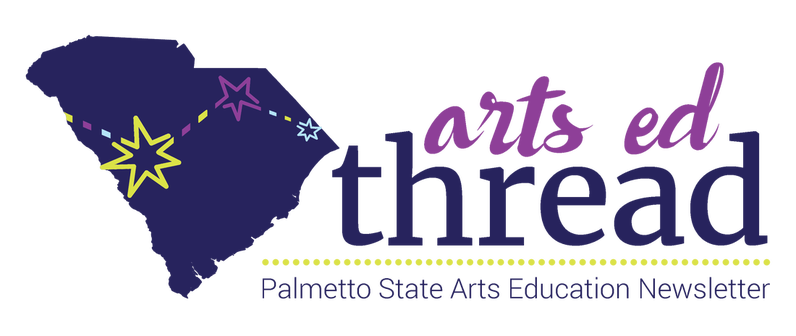

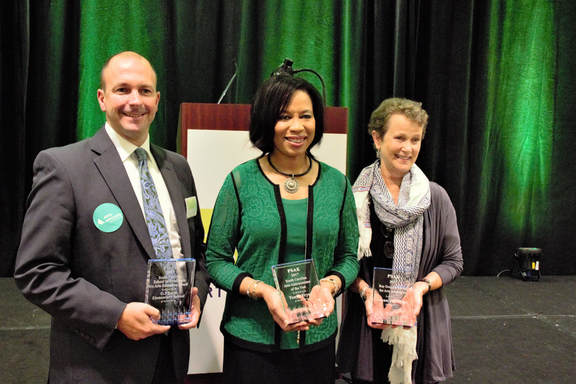
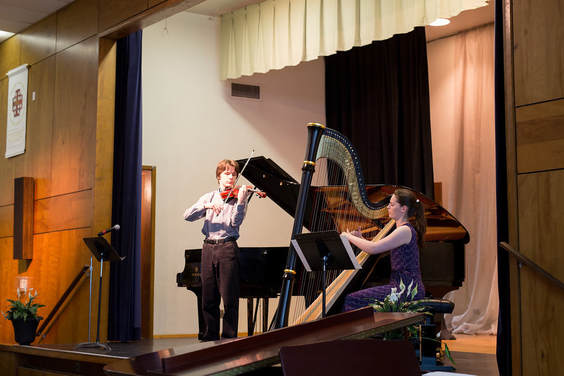

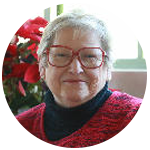
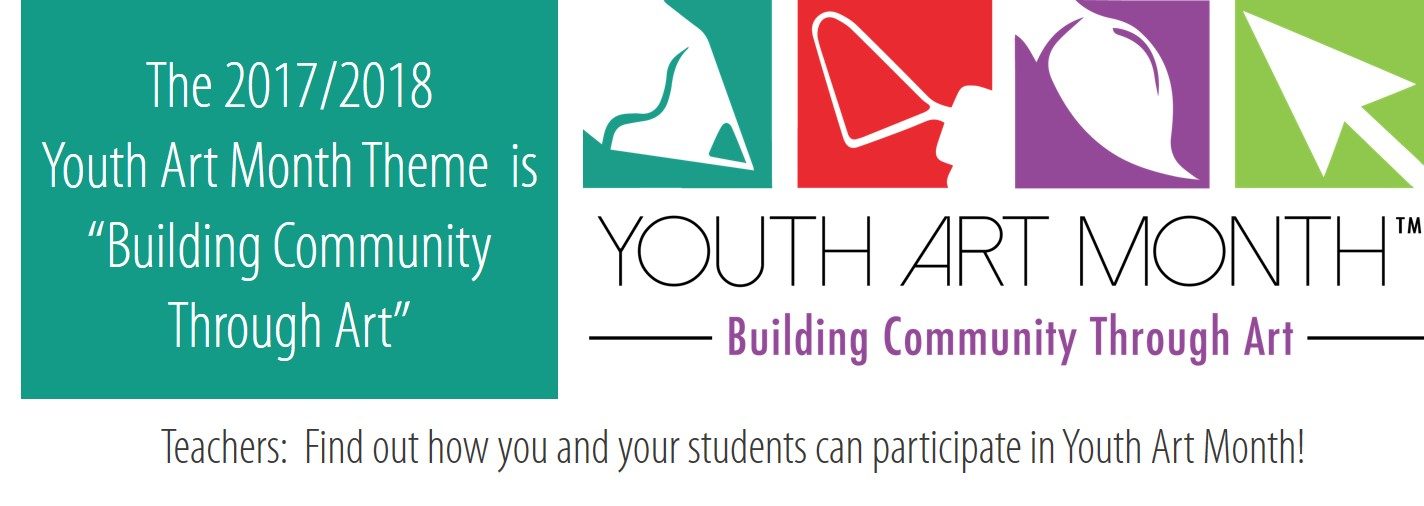


 RSS Feed
RSS Feed